April 1, 2019
Against metrics: how measuring performance by numbers backfires
 More and more companies, government agencies, educational institutions and philanthropic organisations are today in the grip of a new phenomenon. I’ve termed it ‘metric fixation’. The key components of metric fixation are the belief that it is possible – and desirable – to replace professional judgment (acquired through personal experience and talent) with numerical indicators of comparative performance based upon standardised data (metrics); and that the best way to motivate people within these organisations is by attaching rewards and penalties to their measured performance. (more…)
More and more companies, government agencies, educational institutions and philanthropic organisations are today in the grip of a new phenomenon. I’ve termed it ‘metric fixation’. The key components of metric fixation are the belief that it is possible – and desirable – to replace professional judgment (acquired through personal experience and talent) with numerical indicators of comparative performance based upon standardised data (metrics); and that the best way to motivate people within these organisations is by attaching rewards and penalties to their measured performance. (more…)






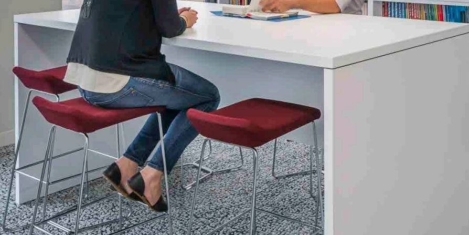
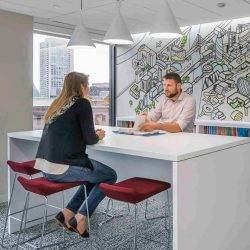





 Many built environment businesses are adopting increasingly ambitious sustainability commitments reports the UK Green Building Council in its third annual report ‘Leading the Way’. This presents trends and analysis from research conducted as part of UKGBC’s annual Sustainability 360 Reviews, which look at sustainability trends and insights amongst UKGBC’s 50 industry-leading Gold Leaf member businesses.
Many built environment businesses are adopting increasingly ambitious sustainability commitments reports the UK Green Building Council in its third annual report ‘Leading the Way’. This presents trends and analysis from research conducted as part of UKGBC’s annual Sustainability 360 Reviews, which look at sustainability trends and insights amongst UKGBC’s 50 industry-leading Gold Leaf member businesses.


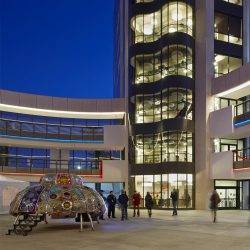
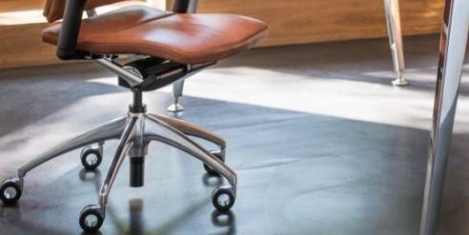
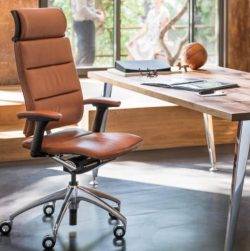
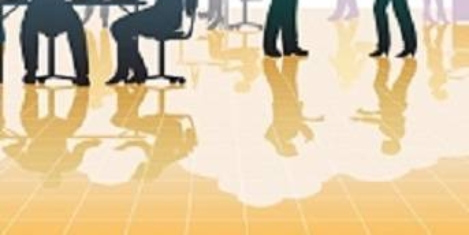
 Despite the fact that a large number of employees continue to be relatively sedentary during their working day, there a growing demand for benefits that could help them achieve a healthier lifestyle, claims new research from Personal Group. More than 40 percent of employees surveyed want health insurance to be added to their workplace benefits programme; more than a third (34 percent) would like their employer to introduce discounted gym memberships, and more than one in four (28 percent) want to have access to rewards linked to physical activity. Almost a quarter (24 percent) want physical health-based incentives, such as interdepartmental step challenges or competitions added to their company-wide benefits programme. However, data shows that 70 percent of those surveyed who sit down to work only get up from their desk or workstation every hour at best, and 38 percent only move every two hours or more. Furthermore, a large proportion of employees eat at their desk or workstation on a regular basis (32 percent) and the majority choose to drive to work (60 percent) over walking (15 percent) or cycling (3.5 percent).
Despite the fact that a large number of employees continue to be relatively sedentary during their working day, there a growing demand for benefits that could help them achieve a healthier lifestyle, claims new research from Personal Group. More than 40 percent of employees surveyed want health insurance to be added to their workplace benefits programme; more than a third (34 percent) would like their employer to introduce discounted gym memberships, and more than one in four (28 percent) want to have access to rewards linked to physical activity. Almost a quarter (24 percent) want physical health-based incentives, such as interdepartmental step challenges or competitions added to their company-wide benefits programme. However, data shows that 70 percent of those surveyed who sit down to work only get up from their desk or workstation every hour at best, and 38 percent only move every two hours or more. Furthermore, a large proportion of employees eat at their desk or workstation on a regular basis (32 percent) and the majority choose to drive to work (60 percent) over walking (15 percent) or cycling (3.5 percent).









March 29, 2019
Co-design is an old idea, but it belongs to the 21st Century like never before
by Jonathan Hindle • Comment, Workplace design